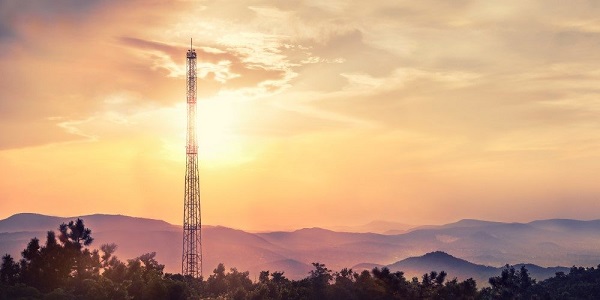
2.19.21 – SSI
Execs from Doyle Security Systems, Quick Response Monitoring and Paladin Technologies share their perspective on the looming 3G sunset.
One of the most pressing issues facing the security and life-safety industry is the looming February 2022 AT&T 3G cellular communications sunset, which could cut off thousands of commercial and residential sites.
As the industry lobbies that deadline be pushed back to at least match Verizon’s December 2022 shutdown, I asked Doyle Security Systems’ Kevin Stone, Quick Response Monitoring’s Jeff Cohen and Paladin Technologies’ Allison Tuke for their perspective.
Kevin Stone: It’s critical the date gets pushed back. It was a daunting task to get it done before but now the pandemic has brought other challenges. I believe the industry is behind in getting those radios switched out. We’re about 45% into what we have to do, and we’ve got thousands of them out there. We have hired individuals specifically to upgrade radios, as I believe that’s the only way we can get after it.
We have also deployed two technologies for every customer. If they’re not interested in Internet/GSM or Internet/AES radio or another option, we have them signoff that they just want one path of communication. Thought being that when the next level of radios goes away, we‘ll have something else in place that could work at least part of the time. None of these are foolproof. We believe it’s better to have two sources of communication.
As for cost, we started out with a dollar amount we charge the customer that we are generally getting. For commercial especially it’s not a big deal. For residential, sometimes you get a little more pushback. We identified all those customers and set a work order in the system for them.
That way if we were out there for something else we could tell them. It would save them the service call, about $100. That motivated quite a few people and worked out well. As you get deeper down the list, and you get people who have turned you down once or twice, it gets more difficult. When we got rid of 2G, we got down to where we were doing it at no charge.
We also offer two different options. You can pay a flat fee of about $200 or you can pay $5 or $7 a month, which futureproofs you against any upgrade down the road. We did that last time too and about 40% of our upgrades were people who have to have it done again. Now, because they were paying that additional monthly fee, it was covered. That became pretty easy to call them up and say, “Hey, you bought the service from us last time and your radio needs to be upgraded again.”
Allison Tuke: Are people more aware of the need to upgrade based on how they have become accustomed to the regular necessity of upgrading technology like cellphones? Whether they want to pay for it is another story, but I think people understand technology is moving faster and they need to continue to stay current.
Stone: Whether they want to pay for it really comes into play pretty quickly. I try to understand that mentality. Your car breaks down, you understand you’re going to have to pay to get it fixed. Your alarm breaks down, they tend to think we’re supposed to fix it. I think it’s because we charge them that monthly fee. Whether they have a maintenance agreement or not they feel it’s like your Internet provider. If your router goes down, generally you can get that repaired at no cost, so I don’t know.Related
Jeff Cohen: Since we’re primarily dealer-based, it’s really up to them. The number of 3G radios I have heard are still out there is staggering. So there’s very much a challenge for everyone.
For our limited number of retail subscribers we’ve seen where sometimes we can’t get the upgraded radios from the manufacturer. Or we’ve seen unusual levels, at times, of defects from one or more manufacturers. The radios aren’t bad but they do things like go to sleep and don’t really wake up. I think there are issues all the way up and down the supply chain. Alarm companies are the last link and bearing the brunt of it but further upstream with the manufacturers I don’t think there’s enough radios to convert everyone within the present timeframe.
The bottom line is upgrade your customers’ radios immediately, don’t risk delay.
